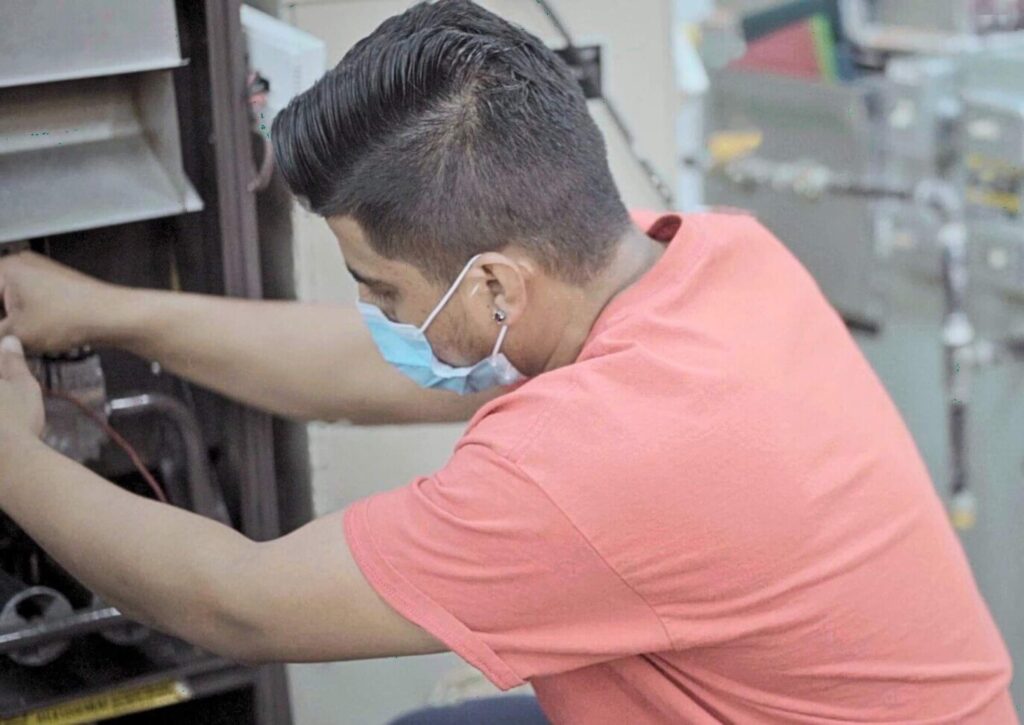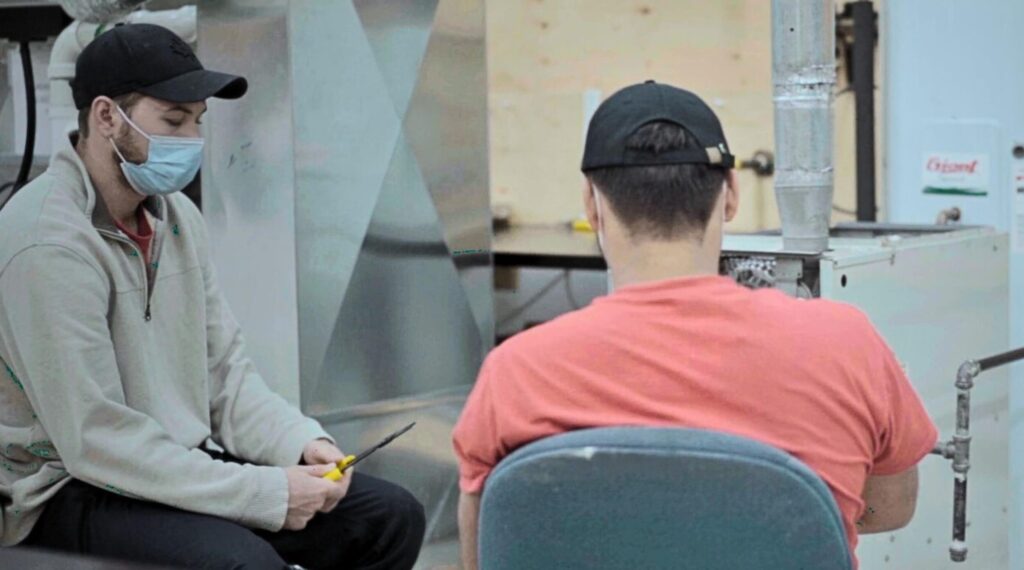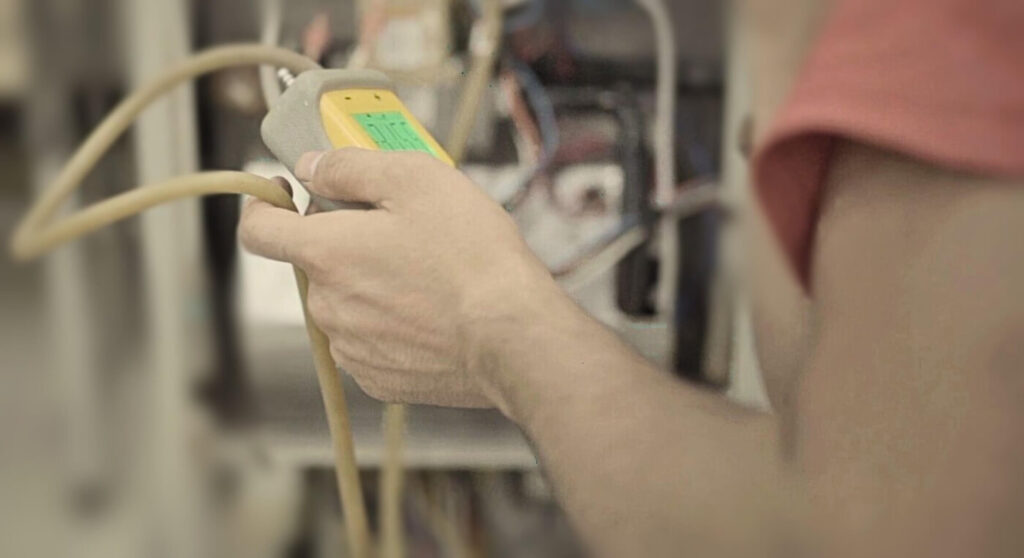
As technology advances and HVAC systems become more sophisticated, the demand for skilled troubleshooters in the industry will continue to grow. Therefore, ongoing training and practice in troubleshooting are essential for any HVAC technician aiming for success in this field.
The journey toward mastery in this field continues after completing HVAC technician training. One of the most critical skills that separates novice technicians from seasoned experts is the ability to troubleshoot HVAC systems effectively. It enhances job performance and customer satisfaction and ensures system efficiency, safety, and cost-effectiveness. This blog post explains why troubleshooting is indispensable in the HVAC industry.
The Necessity of Troubleshooting Skills
Troubleshooting is an essential part of HVAC work. It involves diagnosing and resolving problems in heating, ventilation, and air conditioning systems. This skill is crucial due to the complexity of HVAC systems, which can result in various issues. A technician’s ability to quickly and accurately identify and solve these problems can significantly impact system performance, customer satisfaction, and business reputation.
Enhancing Job Performance and Customer Satisfaction
Technicians skilled in troubleshooting after HVAC technician training can swiftly identify and resolve issues, which is crucial in minimizing client disruptions and inconvenience. This prompt response not only mitigates the downtime experienced by clients but also plays a significant role in boosting their satisfaction. Satisfied clients are more likely to share positive feedback and recommend the technician’s services, enhancing the technician’s reputation for reliability and expertise.

In an industry where reputation and word-of-mouth recommendations are vital, excelling in troubleshooting can be a key differentiator. It opens doors to new business opportunities and fosters career growth. By consistently displaying solid problem-solving abilities, technicians can establish themselves as trusted experts in their field, attracting a more extensive clientele base and potentially higher-profile projects. This virtuous cycle of proficiency, satisfaction, and growth underscores the importance of troubleshooting skills in the professional development of technicians.
HVAC Technician Training Emphasizes the Importance of System Efficiency and Safety
Proper troubleshooting is essential for ensuring that HVAC systems function efficiently. This meticulous process goes beyond mere repairs, playing a crucial role in conserving energy and significantly extending the lifespan of the equipment. Efficient troubleshooting is not just a matter of operational performance; it’s a critical safety measure. HVAC systems comprise complex electrical components, potentially hazardous refrigerants, and other elements that could pose significant risks if mishandled. It is essential to know the sequence of operation for the appliance you are diagnosing.
As our HVAC technician courses emphasize, accurate diagnosis and timely repair are imperative to minimize these risks. Doing this ensures the safety of the technicians working on these systems and the clients using them. This approach promotes a sustainable, energy-efficient, and safe environment, highlighting the importance of expertise and attention to detail in HVAC maintenance and repair.

HVAC Trouble Shooting Ensures Cost-Effectiveness
The economic impact of adept troubleshooting in technical fields, particularly for HVAC technicians, is profound. When technicians are keen to diagnose and resolve issues accurately, it substantially reduces unnecessary replacements and repair expenses. This efficiency in troubleshooting is not only financially advantageous for the service provider but also for the customer.
Avoiding superfluous replacements means lower client costs, while service providers benefit from reduced expenditures on parts and labor. This mutually beneficial scenario highlights the significance of proficient troubleshooting skills. It contributes to a sustainable business model where cost-effectiveness is paramount, leading to greater customer loyalty and a more robust market reputation for the service provider. Effective troubleshooting is a cornerstone for financial prudence in the maintenance and repair sector, creating a win-win situation for both the service provider and their clientele.
Do you want to earn an HVAC technician diploma?
Contact NATS for more information.





